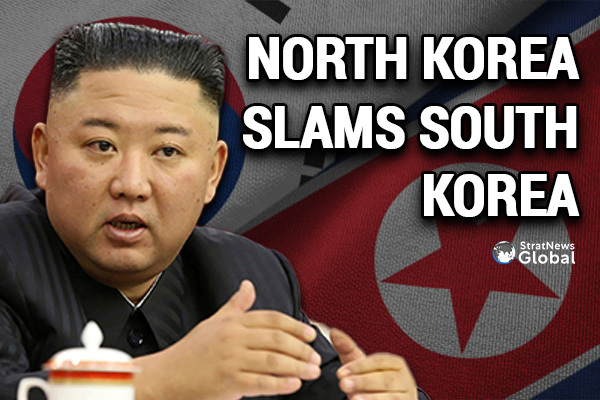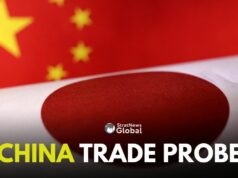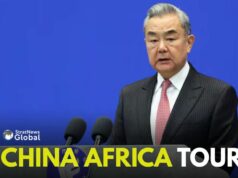North Korea has called the South Korea-US drills “rehearsals of war” and warns that there will be “consequences” if they do not stop according to the North Korean news agency KCNA.
The response comes as the two nations have kicked off their annual spring exercises on Monday. According to Reuters, observers have said there are twice the number of troops joining this year as opposed to the last. The operations which are called the ‘Freedom Shield’ exercises, are expected to end on March 14.
According to Kyodo News agency South Korean Joint Chiefs of Staff said that there are 48 field drills, double the number from last time. They said that these drills are designed to counter North Korea’s nuclear threat by shooting down cruise missiles,which the North Koreans have used since last January.
A spokesperson for North Korea described the drills as “frantic” and “reckless” and warned of a nuclear threat.
“A nuclear war may be ignited even with a spark,” KCNA quoted the spokesperson as saying.
The drills mark a sharp deterioration in relations between the two Koreas. In a Guardian report last month, North Korean leader Kim Jong Un declared in a speech that South Korea was the “number one hostile state” and that “unification was no longer possible.”
“We don’t want war, but we have no intention of avoiding it,” he had also stated in the speech.
From the South Korean side, large-scale military drills had been halted under previous president Moon Jae-In who had looked to promote peace between the two Koreas. But the Freedom Shield drills have been resumed under President Yoon Suk Yeol.
They come after a five-year hiatus.
Apart from South Korea and the US, 11 other nations, which include Australia, UK, and France will participate in the exercise. They are part of the United Nations Command which oversaw the armistice that ended the 1950-53 Korean war.
The statements come after reports that North Korean hackers have broken into the computers of South Korean chip equipment makers. According to the BBC, Pyongyang is trying to make semiconductors for its weapons programmes, the National Intelligence Service (NIS) says.
Traveller, bibliophile and wordsmith with a yen for international relations. A journalist and budding author of short fiction, life is a daily struggle to uncover the latest breaking story while attempting to be Hemingway in the self-same time. Focussed especially on Europe and West Asia, discussing Brexit, the Iran crisis and all matters related is a passion that endures to this day. Believes firmly that life without the written word is a life best not lived. That’s me, Ashwin Ahmad.





